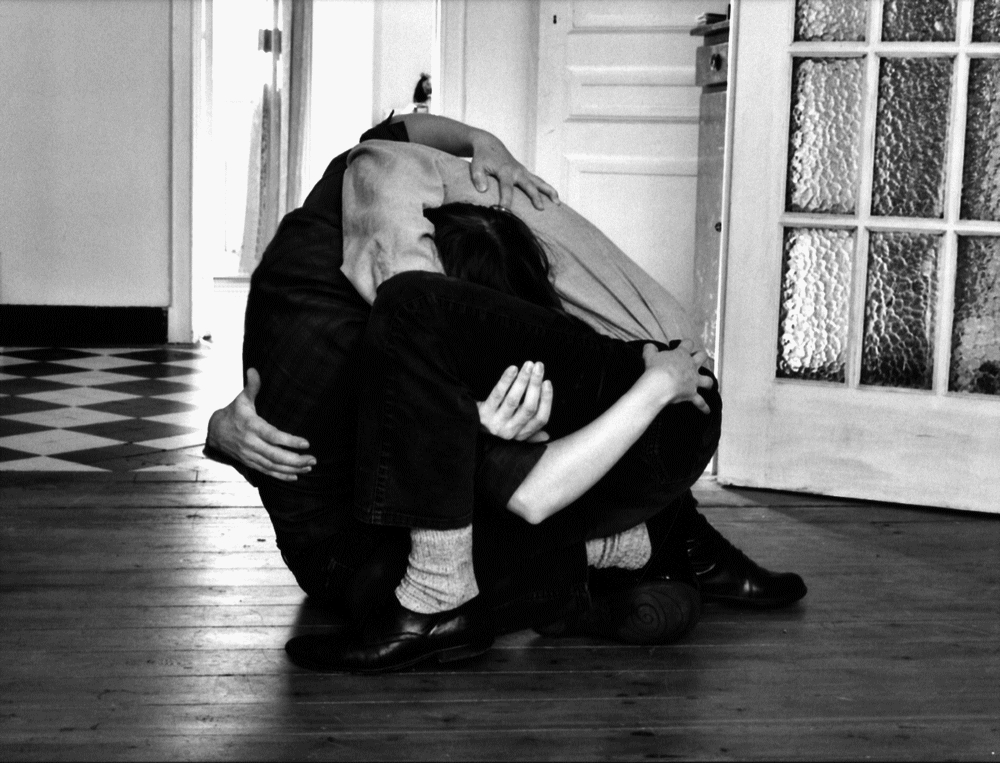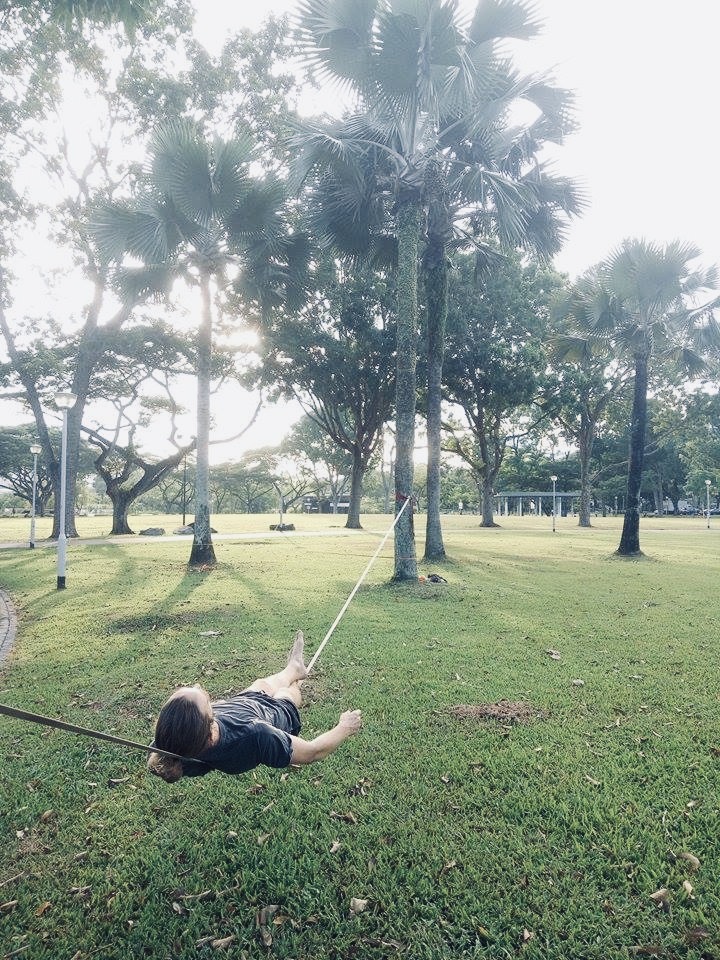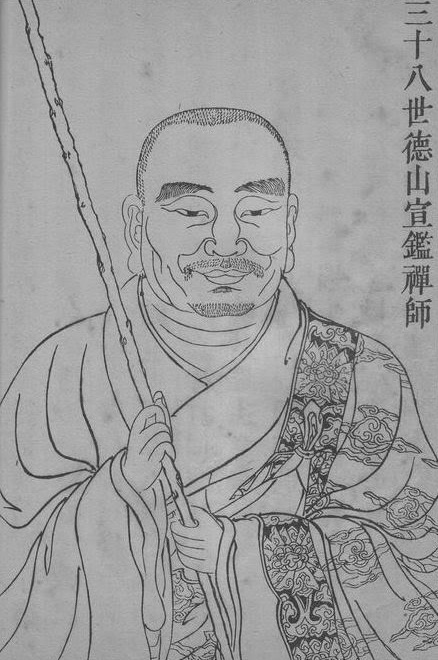
the ultimate path
Bodhidharma taught:
There are many roads for entering the Path,
but in
essence they do not go beyond two kinds: one is
entering
through inner truth, and the other is
entering through
practice.
Entering through inner truth
means using the Teachings to awaken to the source.
It means deep belief that
living beings both ordinary and
sage share one and the
same reality-nature; it is just
because of the false covering
of alien dust
that it is not manifested.
If you abandon the
false and return to the real,
concentrate your attention
and gaze like a wall, then there
is no self and others, and
ordinary and sage are equal. Firmly abiding
and unmoving, you no longer fall into the verbal teachings. This is
tacit accord with the real inner truth: without discrimination,
it is still and nameless. This is called “entering
through inner truth.”
Entering through practice
refers to the Four Practices
— all other practices
are contained within these. What
are the Four Practices?
First, the practice of repaying
wrongs. Second, the practice of
going along with the
causal nexus. Third, the practice of
not seeking anything.
Fourth, the practice of
according with the Dharma.
What is the practice of repaying wrongs?
When receiving suffering, a practitioner who cultivates
the Path
should think to himself: “During countless ages past I
have abandoned the root and pursued the branches, flowing into the
various states of being, and giving rise to
much rancor and hatred —
the transgression, the harm
done, has been limitless. Though I do
not transgress
now, this suffering is a disaster left over
from former
lives — the results of evil deeds have
ripened. This suffering is not something
given by gods or humans.”
You
should willingly endure the suffering
without anger or
complaint. The sutra says: “Encountering
suffering, one
is not concerned. Why? Because one is conscious of the
basic root.” When this attitude toward suffering is
born, you are in
accord with inner truth, and even as you
experience wrongs,
you advance on the Path. Thus it is
called
“the practice of repaying wrongs.”
Second is the practice
of going along with the causal
nexus.
Sentient beings have no selves, but are trans
formed
in a manner causally linked to their deeds.
They receive both
suffering and happiness — both are
born from causal conditions.
If we get good rewards,
glory and fame and the like, this is brought
about by past
causes. We receive them now, but when the causal nexus
is ended, they will not be there — how can we rejoice?
Gain and loss
follow the causal nexus: Mind is neither
augmented nor
diminished. If the wind of joy at gain
and sorrow at
loss does not stir, you deeply accord with
the
Path. Thus it is called “the practice
of going along
with the
causal nexus.”
Third, the practice of not seeking anything.
Worldly
people are always deluded, craving everything,
becoming attached everywhere. This is called “seeking.” The
wise
awaken to the real. Using inner truth, they reach
the conventional
world. Pacifying mind without contrived activity, changing
shape as they go, the myriad
states of being are thereby
emptied, and there is nothing
wished
for to take joy in.
Along with this, the darkness
of “meritorious deeds” contrived based
on dualistic
views is forever banished. Dwell for long
in the triple
world?— it is like a house on fire. All who have bodies
suffer — who can find peace? When this is completely
comprehended,
thoughts of the various states of being
cease and there is no seeking.
The sutra says: “All who
seek, suffer. If there is no seeking,
only then is there
bliss.” Thus we know that not seeking
anything is truly
a practice of the Path.
Fourth, the practice of according
with the Dharma.
The Dharma, the Teaching of Reality,
is based on the
inner truth of the inherent purity of all things’
true
identity. By this inner truth the multitude of forms are
all empty:
there is no defilement, no attachment, no this,
no that. The sutra
says: “The Dharma has no sentient
beings, because it is
detached from the impurity of sen
tient beings.
The Dharma has no self, because it is
de
tached from the impurity
of self.”
If the wise can believe
and understand with certainty this inner truth,
they
ought to practice in accord with the Dharma. The body
of the Dharma is not stingy with the physical body and
life. This is
practicing giving: let there be no stinginess
or holding back in the heart.
Realizing that the one
receiving the gift, the giver, and the gift itself
are all
empty, you don’t depend on them or get attached to
them.
They are just used to get rid of impurities, and
embrace
and transform sentient beings, without
grasping
at forms.
This is benefiting oneself
and also being able to
benefit others,
and being able to adorn the Path of Enlightenment.
Since the perfection of giving is thus, so
are the other five
(the perfection of morality, patient
endurance, energetic progress,
meditation, and wisdom). To practice the six perfections to
remove false
thinking, and yet to have nothing that
is practiced — this
is the practice of
according with the Dharma.
Records of the Teachers and Students of the Lanka
full text here




